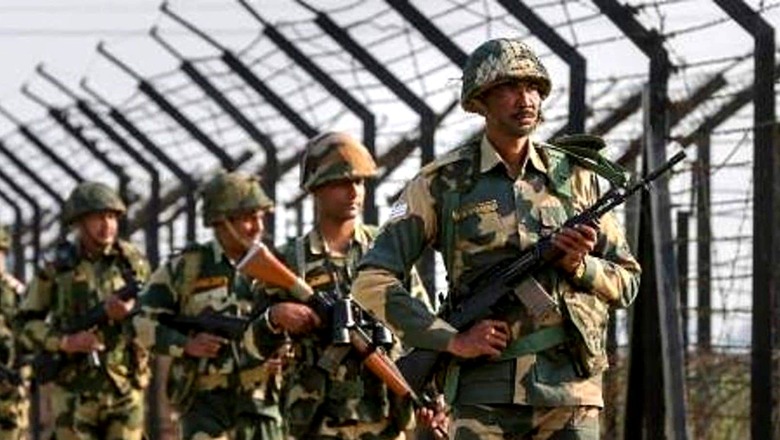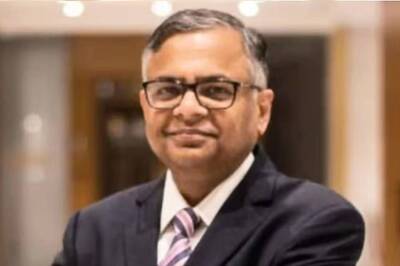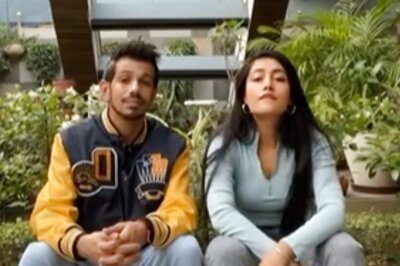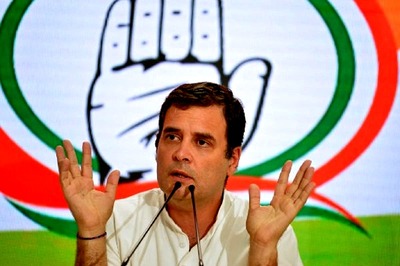
views
A task force headed by Chief of Defence Staff (CDS) General Bipin Rawat will track the implementation of a set of directives by Prime Minister Narendra Modi, including drafting a doctrine for non-contact warfare, reforming public sector units in defence, handholding the domestic defence industry and ensuring greater use of indigenous languages in the military.
Defence sources told News18.com that the task force featuring top officers from the defence ministry, the armed forces and the National Security Council Secretariat (NSCS) will meet at South Block to discuss charting a road map for the timely implementation of the PM’s directives that came during the Combined Commanders’ Conference (CCC-2021) at Gujarat’s Kevadia in March.
CCC is a brain-storming event for top military commanders of the army, navy and the air force.
According to the defence sources cited above, an instruction to set up the task force to monitor work on the PM’s directive came from his office in April. The sources said the task force will also look into the implementation of a set of directives by defence minister Rajnath Singh over the last two years.
The task force has held its first meeting. It will submit a quarterly report to the Prime Minister’s Office (PMO) and the defence minister’s office on the progress.
Area of interest
India’s top defence officials have agreed in the past that there is an increased need to bolster capabilities and prepare for non-contact warfare, which has been emerging as a bigger challenge than conventional warfare.
Non-contact warfare comprises all non-kinetic forms, including those related to information, cyberspace and psychological domains, even though the military aspect of such warfare could involve drones and other such munitions.
A single doctrine is needed to coordinate and synergise all constituents of non-contact warfare, which could intimidate the adversary without any physical contact, a senior defence official said.
“A joint doctrine for three services will help integrate activities of all stakeholders to ensure a cohesive approach,” the official explained.
At present, triservices bodies such as the defence cyber agency and the defence space agency are working together on these areas.
More on the agenda
Some of the other directives by the PM, which are being reviewed by the task force, relate to plans for celebrating 75 years of independence next year. This, among others, involves identifying several obsolete laws and practices in defence that can be done away with, and a greater focus on the use of indigenous languages in the Indian military to mark the occasion.
All central ministries are planning a range of activities for the occasion next year under the theme of “Azaadi Ka Amrit Mahotsav”.
A top defence source told News18.com that the PM’s directives include putting stress on modernisation of existing military technology, streamlining long-drawn capital procurement processes and a push to self-reliance in defence programmes — all of which are in sync with the government’s larger “Atmanirbhar Bharat” policy.
“The PM’s directives also underline the need for creating dual-use infrastructure (which can be used by both military and civil population), aside from optimising defence expenditure and manpower,” the source said.
With the capital budget of defence being 28% of the overall budget, authorities believe greater self-reliance in defence will help revitalise the economy by creating business opportunities, jobs and auxiliary industries.
The list of the PM’s directives also features ensuring regular interaction between the military establishment and its veterans, and exploring ways to boost India’s defence research capabilities, the source added.
Another source said responsibilities have been drawn department-wise for the implementation of each of the PM’s directives. Their progress will be regularly reviewed and monitored by the CCC task force for speedy implementation.
The sources said the defence minister’s directives include ensuring that grievances of the kin of martyrs are addressed timely, preparing for non-traditional security threats, and a continued focus on border infrastructure.
Improved border infrastructure has been a priority for India in the wake of the military standoff with China in eastern Ladakh that began in May 2020.
Read all minute-by-minute news updates for Uttar Pradesh election results 2022, Punjab election results 2022, Uttarakhand election results 2022, Manipur election results 2022, and Goa election results 2022.
Click here for seat-wise LIVE result updates.



















Comments
0 comment